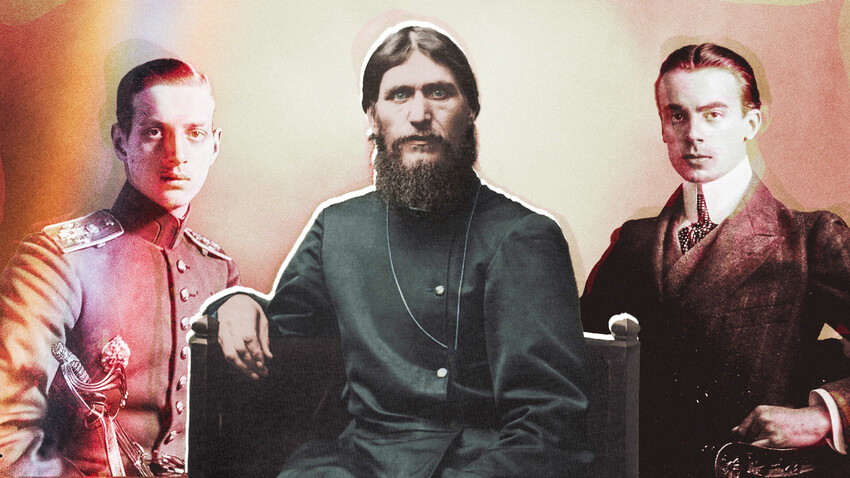
December 30, 1916, the body of Grigory Rasputin was found under the Petrovsky Bridge of the Malaya Nevka River. He had had the complete trust of the royal family: the elder from the Tobolsk province somehow alleviated the symptoms of the disease of the heir to the throne, Tsarevich Alexei, who suffered from hemophilia. Over time, he became increasingly influential in the family of Nicholas II.

A variety of rumors went about him: some said that Rasputin was a German spy, while others called him a mystic and hypnotizer. All agreed on one thing, hoever: the emperor and empress were completely in his power. And critics were instantly excluded from the number of confidants.
The first assassination attempt on Rasputin occurred in 1914. The second - this time successful - attempt was carried out two years later. The perpetrators openly did not deny their involvement, but they did not receive any serious punishment - after the abdication of the emperor, the case was closed. So, who were the murderers?
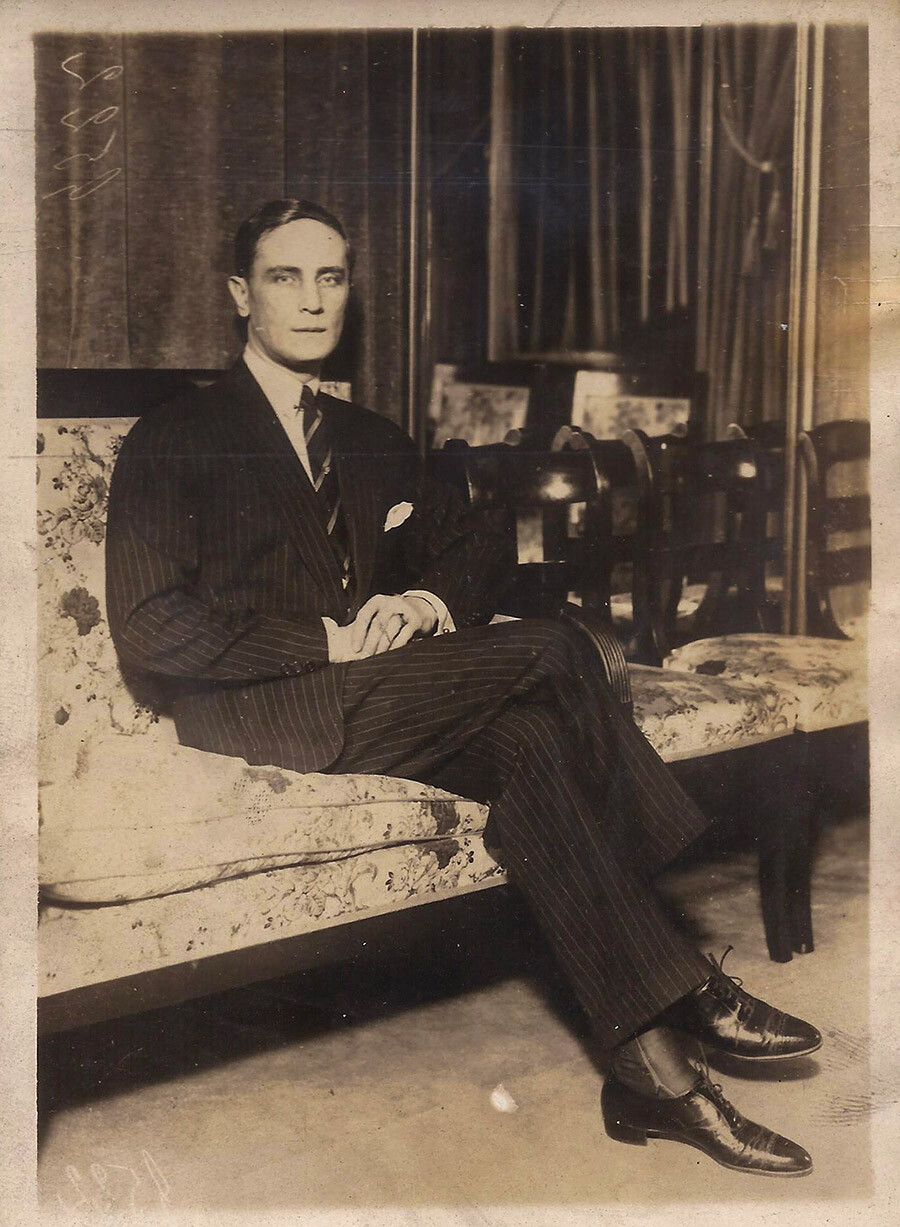
As the last of the Yusupov princes and heir to one of the most noble and wealthy families of the Russian Empire, Felix fully justified his first name, which means "happy" in Latin. He studied at Oxford, was incredibly artistic and loved pranks with disguises. Once, under the guise of a Parisian singer, he received an invitation to perform at the ‘Aquarium’ restaurant: There, he successfully held numerous concerts, until he was found out - Yusupov was recognized by jewelry, which he had borrowed from his mother.
In 1914, the young prince became related to the Romanovs: he married Irina, the sister of Nicholas II. At the wedding, they received from an unusual gift from the tsar - permission to occupy the royal box in the theater.
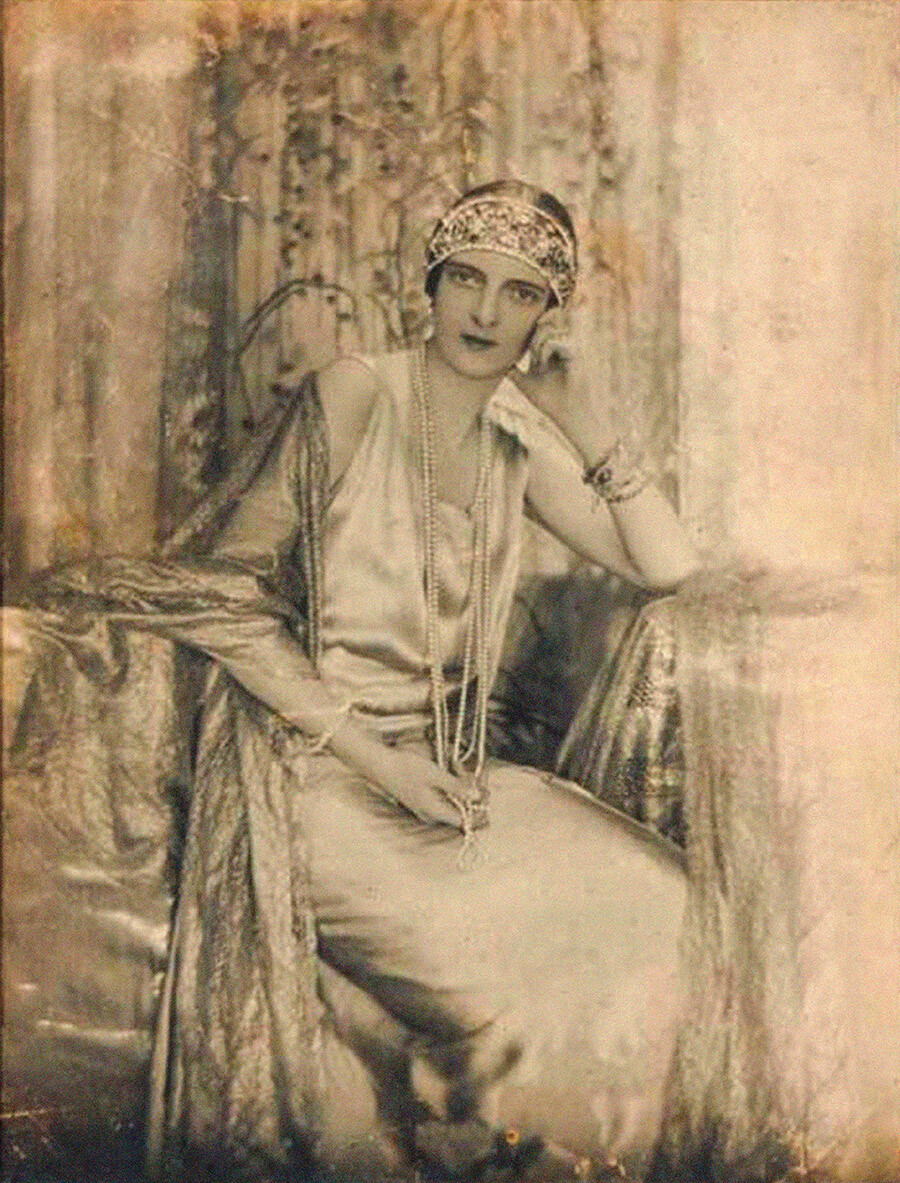
Realizing the influence of Rasputin on the royal family, Felix decided that it was necessary to eliminate him and became a participant in the conspiracy and murder, which took place in his own palace. Trust, which the elder imbued on ‘Little’ (as he called Felix), played a fatal role: unsuspecting, Rasputin went to visit him, where he was already waiting with his conspirators.
After the 1917 Bolshevik Revolution, the Yusupovs went to London and then, to Paris, where they founded the IRFE fashion house. In 1928, Prince Felix published a memoir, in which he described the murder of Rasputin, and always adhered to only this version. Refuting speculations and fantasies on the subject, he litigated with passion. In the early 1930s, Prince Felix made Hollywood nervous: after the release of the movie ‘Rasputin and the Empress’, where his wife was portrayed as the mistress of the elder, he forced MGM Studio for libel and won 25,000 British Pounds Sterling.
Throughout his life, Yusupov helped compatriots who, like him, found themselves in exile. He gave them money, jobs, boarded them and raised funds for the Russian Red Cross. However, he never returned to Russia.

A cousin of Nicholas II, he was brought up in the family of Moscow governor-general Grand Duke Sergei Alexandrovich. After his assassination, Dmitry Pavlovich came under the guardianship of the emperor. An excellent horseman, in 1912, the Grand Duke led the Russian Empire team at the Olympic Games in Stockholm. Despite the modest results - fifth team place in show jumping and ninth in individual competition - the Grand Duke came up with the idea of an all-Russian Olympic Games. The first of such competitions were held in 1913 in Kiev and, a year later - in Riga.
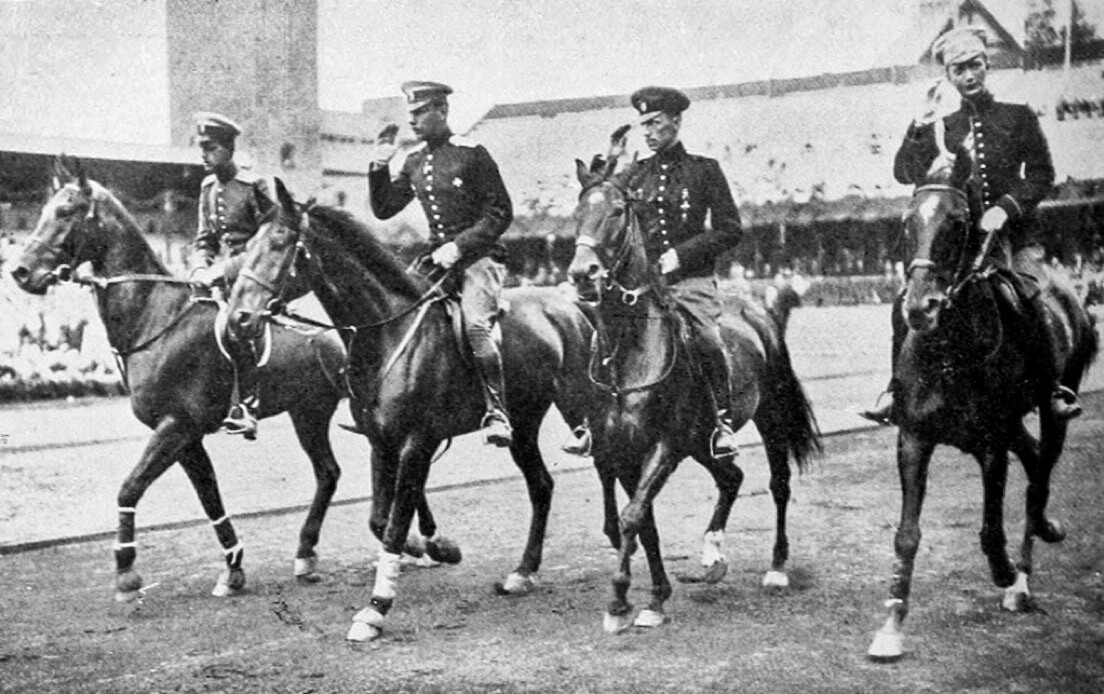
Grigory Rasputin also unwittingly influenced the fate of the Grand Duke: knowing that Dmitry Pavlovich had a negative attitude to him, Empress Alexandra Feodorovna did not allow an engagement between him and his daughter Grand Duchess Olga to be concluded.
Upon learning of Rasputin's murder, the wife of Nicholas II was so furious that she demanded the immediate arrest of the Grand Duke and Felix. Fearing popular unrest, the emperor sent his cousin to Persia as soon as possible. After the revolution, Dmitry Pavlovich lived in Europe and the United States and even had a stormy romance with Coco Chanel. He introduced the grand dame of Parisian fashion with perfumer Ernest Beaux, who later created the perfume Chanel No. 5.
The Grand Duke never spoke about the murder of Rasputin.
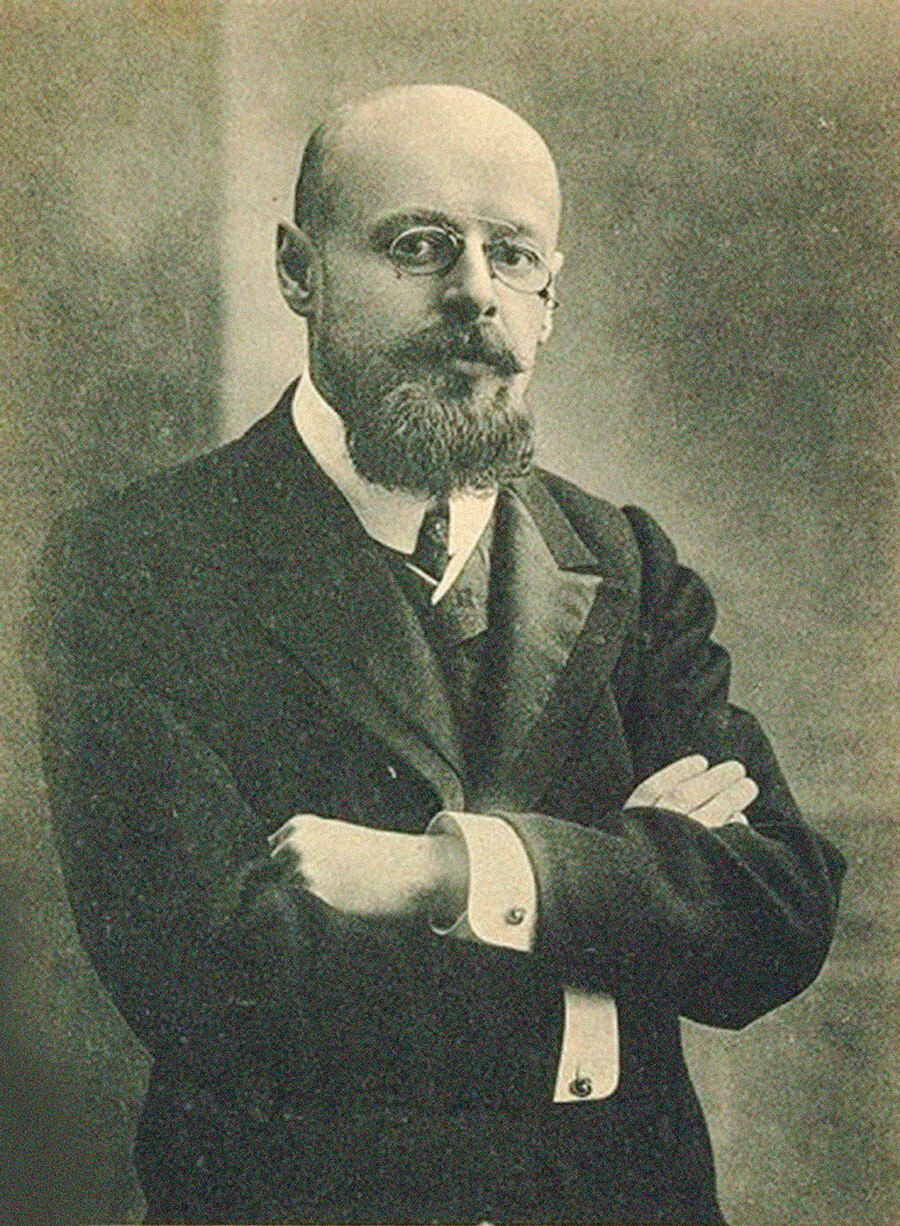
One of the leaders of the ‘Union of the Russian People’ right-wing monarchist organization and founder of the ‘Mikhail Archangel Russian People's Union’, Duma deputy Vladimir Purishkevich's name was firmly connected with scandals - he loved them and knew how to use them to his advantage. Any boring meeting would turn into a political show: he would be taken out by force - Purishkevich would sit on the shoulders of the guards and "float", crossing his arms, out of the hall. But, with the outbreak of World War I, the jokes ended: he organized a sanitary train and traveled himself in it to the front to evacuate the wounded, while also delivering food and clothing. In November 1916, he held a speech, in which he said that "all Russia equally looks at the horror that represents Rasputin, as an unquenchable lamp in the royal chambers". Soon, Prince Felix Yusupov suggested he join the ranks of the conspirators.

After the revolution, the ex-deputy tried to organize an anti-Bolshevik movement and managed to publish a diary, in which he described the murder of Rasputin. In January 1920, he died of typhus in Novorossiysk.
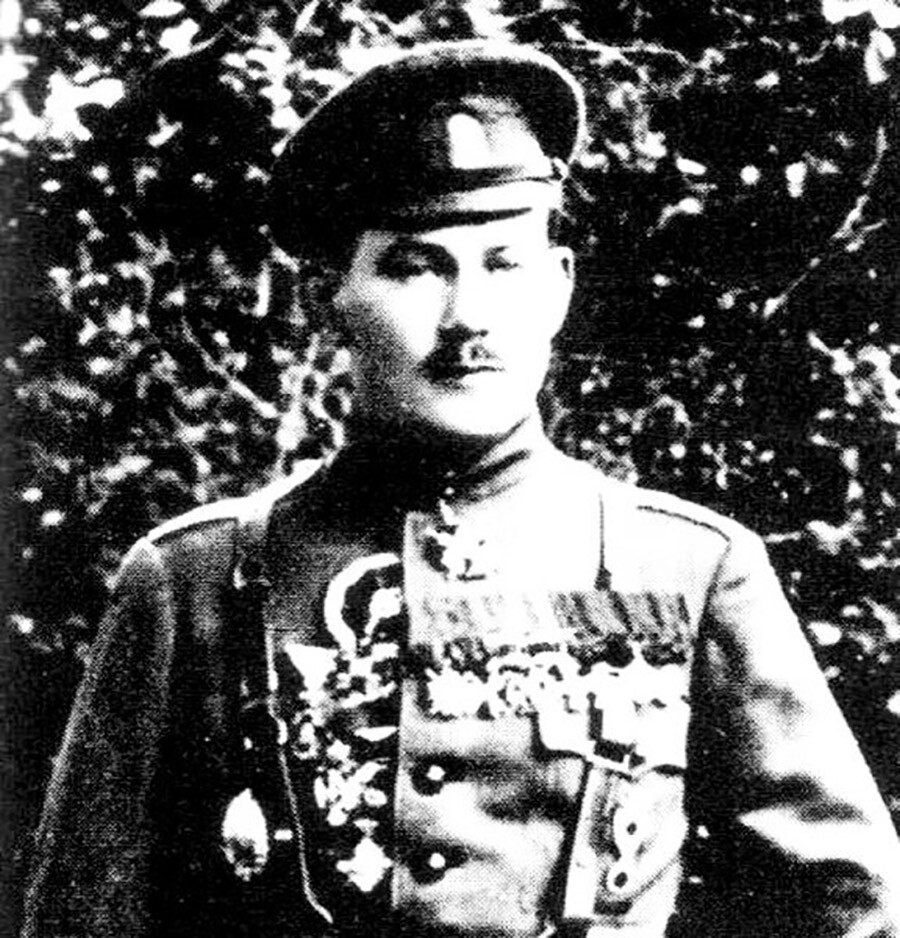
It was this chief physician of Purishkevich’s ambulance train who filled the eclairs intended for Grigory Rasputin with potassium cyanide. He, according to the conspirators, was also supposed to confirm the death of the elder. Much in the circumstances of this case remains unclear - the conspirators were not unanimous in all their testimony. There is also a version that, in fact, Lazovert could not consciously go to kill a man and did not add cyanide to the cakes. Perhaps, this is why Rasputin, having eaten a whole tray of eclairs, did not feel even a slightly unwell.
After leaving Russia, Lazovert lived in the United States and Paris and also published his memoirs about the conspiracy.
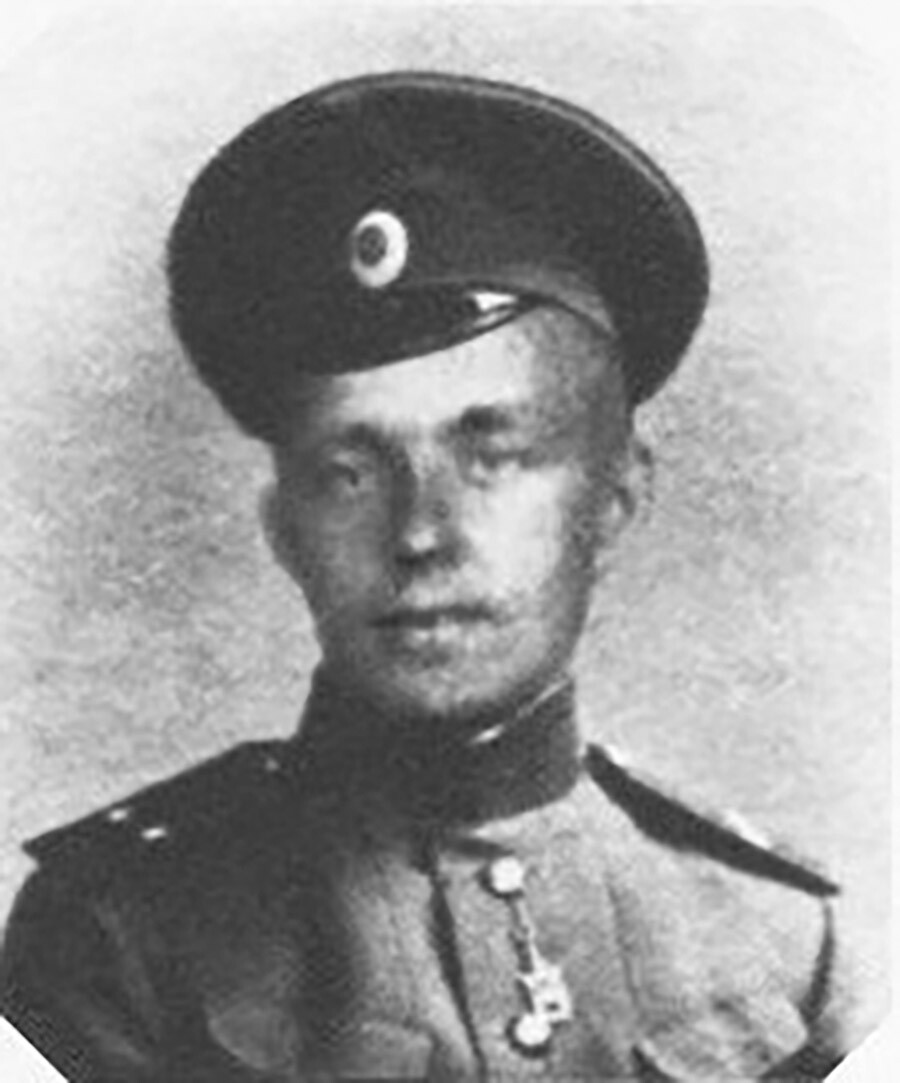
The company commander of His Majesty's 1st Infantry Regiment, Sergei Sukhotin, was introduced to the Yusupovs by his first wife, pianist Irina Eneri. Interestingly, their daughter Natalya became the prince's goddaughter. Having become a co-conspirators, Sukhotin had to pretend to be Elder Grigory and go to his home in an open car after the murder, in order to divert suspicion, and only then take the corpse from the palace on the Moika River. Having dealt with Rasputin, Sukhotin and Lazovert took his body to the river.
After the revolution, he was accused of bribery and imprisoned. Upon his release, he helped organize the ‘Yasnaya Polyana’ Leo Tolstoy Museum and married for the second time – to Tolstoy’s granddaughter, Sophia. But, soon, he had a stroke: Sukhotin was transported to Paris, where Felix Yusupov took care of him. The role he played in the murder of Rasputin became known only after the release of the prince’s memoirs. However, Vladimir Purishkevich only mentions a certain ‘Lieutenant S’ in his notes.
Dear readers,
Our website and social media accounts are under threat of being restricted or banned, due to the current circumstances. So, to keep up with our latest content, simply do the following:
If using any of Russia Beyond's content, partly or in full, always provide an active hyperlink to the original material.
Subscribe
to our newsletter!
Get the week's best stories straight to your inbox